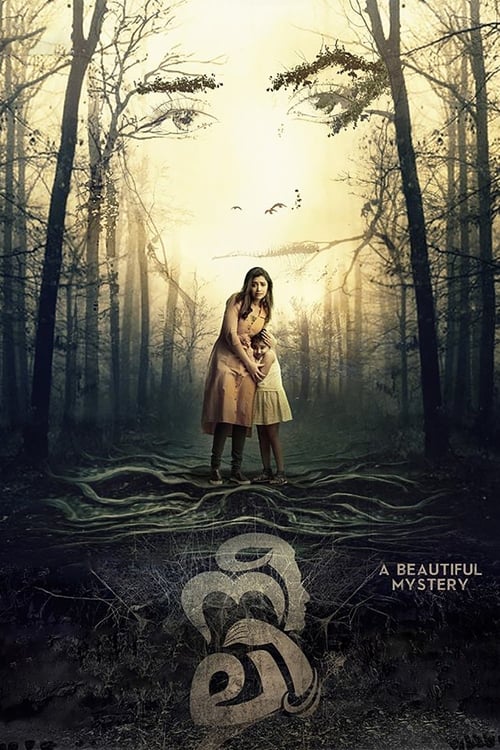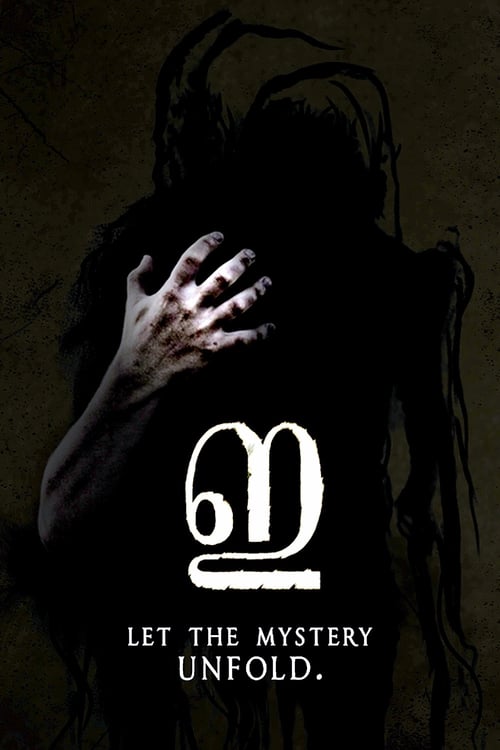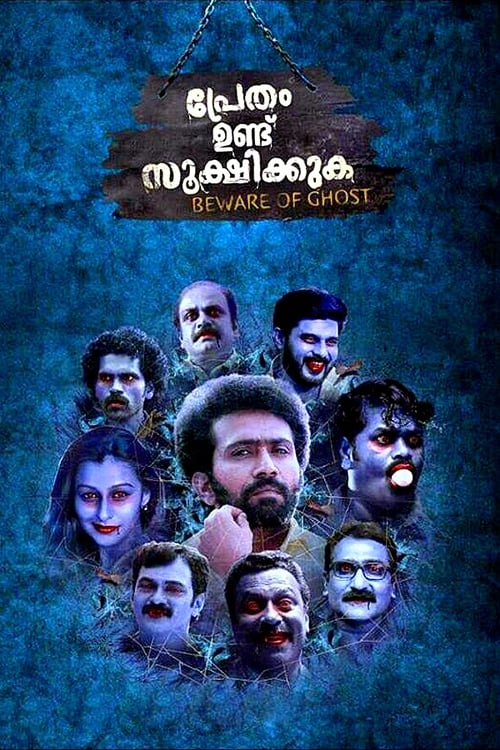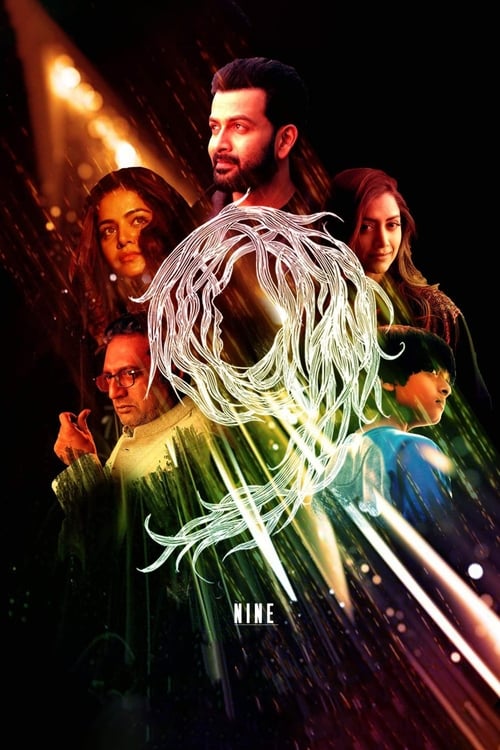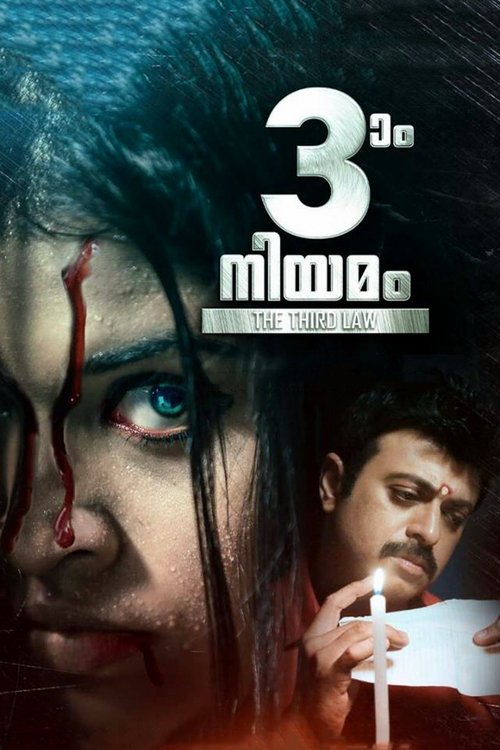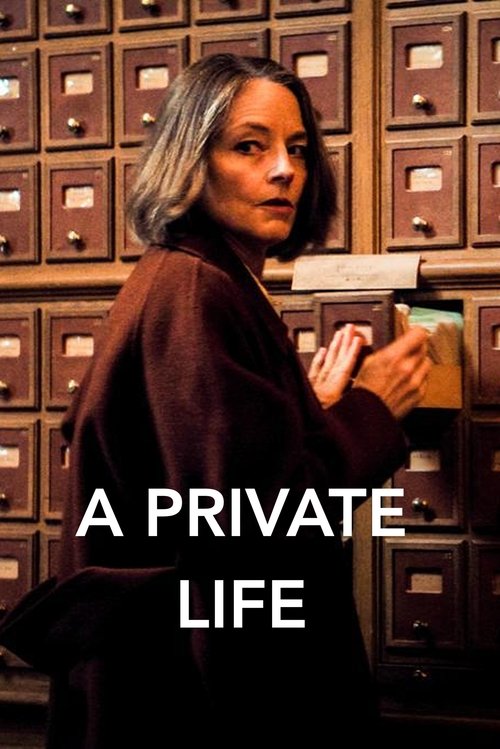
Ask Your Own Question
What is the plot?
More Movies Like This
Browse All Movies →What is the ending?
In the ending of the movie "Ezra," the protagonist, Ezra, confronts the truth about his past and the haunting presence of his deceased mother. The climax reveals the connection between Ezra and the supernatural events surrounding him, leading to a resolution that brings closure to his internal struggles. Ultimately, Ezra finds peace, while the fate of the other characters intertwines with his journey of self-discovery.
As the film approaches its conclusion, the atmosphere is thick with tension and unresolved emotions. Ezra, having been plagued by visions and the ghostly presence of his mother, stands at a crossroads. The haunting memories of his childhood and the trauma of his mother's death weigh heavily on him. He is determined to confront the truth, which has eluded him for so long.
In a pivotal scene, Ezra visits the site of his mother's death, a place that has been a source of torment for him. The landscape is somber, with dark clouds looming overhead, mirroring the turmoil within him. As he stands there, he is flooded with memories--flashes of his mother, her laughter, and the moments of joy they shared, juxtaposed with the pain of her loss. This emotional turmoil is palpable, as Ezra grapples with feelings of guilt and sorrow.
Suddenly, the atmosphere shifts. Ezra feels a presence beside him, and he turns to see the apparition of his mother. She appears both ethereal and comforting, her expression filled with love and understanding. In this moment, Ezra's internal conflict reaches its peak. He realizes that he has been holding onto his grief, preventing him from moving forward. The ghostly figure of his mother speaks to him, urging him to let go of the past and embrace the future. This encounter is both cathartic and transformative for Ezra.
As the scene unfolds, Ezra's emotional state shifts from despair to acceptance. He acknowledges the pain of his loss but also recognizes the love that remains. The connection with his mother, though altered by death, is still a powerful force in his life. With tears streaming down his face, Ezra finally expresses his feelings, telling his mother that he loves her and that he is ready to forgive himself for the past. This moment of release is profound, as it signifies Ezra's acceptance of his mother's death and his own journey toward healing.
The film then transitions to a quieter scene, where Ezra is seen returning to his home. The once oppressive atmosphere has lifted, replaced by a sense of calm and clarity. He begins to engage with the world around him, reconnecting with friends and family. The weight of his grief has lessened, allowing him to embrace life once more.
In the final moments, Ezra stands outside, looking up at the sky. The clouds have parted, revealing a bright, blue expanse. This visual symbolizes hope and new beginnings. Ezra's journey has come full circle; he has faced his demons and emerged stronger. The film closes with a sense of resolution, as Ezra walks forward, ready to embrace whatever comes next.
As for the fates of the other characters, they are intricately tied to Ezra's journey. His friends and family, who have witnessed his struggles, find solace in his newfound peace. They support him as he navigates his path to healing, reinforcing the theme of community and connection. The film leaves viewers with a sense of hope, emphasizing the importance of confronting one's past to move forward into the future.
Is there a post-credit scene?
In the movie "Ezra," produced in 2017, there is no post-credit scene. The film concludes its narrative without any additional scenes or content after the credits roll. The story wraps up with a focus on the emotional and psychological journey of the main character, Ezra, leaving the audience with a sense of closure regarding the events that transpired throughout the film. The absence of a post-credit scene emphasizes the finality of Ezra's journey and the resolution of the central themes explored in the movie.
What is the significance of the character Ezra in the film?
Ezra is a central character whose journey is pivotal to the narrative. He is portrayed as a young man who becomes embroiled in a supernatural conflict that intertwines with his family's dark past. His character embodies the struggle between personal identity and the haunting legacy of his ancestors, particularly as he grapples with the implications of his family's history with witchcraft.
How does Ezra's relationship with his father influence the story?
Ezra's relationship with his father is strained and complex, serving as a catalyst for much of his internal conflict. His father's strict adherence to tradition and reluctance to discuss their family's past creates a rift between them. This tension drives Ezra to seek answers on his own, leading him deeper into the supernatural elements of the story and forcing him to confront both his father's expectations and the truth about their lineage.
What role does the supernatural play in Ezra's journey?
The supernatural elements in 'Ezra' are integral to the plot, as they manifest through the spirits and curses tied to Ezra's family history. These elements not only serve as external conflicts but also reflect Ezra's internal struggles. As he encounters various supernatural occurrences, he is compelled to confront his fears and the reality of his family's past, ultimately leading to a deeper understanding of himself and his heritage.
How does the character of the witch impact Ezra's development?
The witch in 'Ezra' serves as both an antagonist and a mirror to Ezra's own fears and desires. Her presence forces him to confront the darker aspects of his family's history and the consequences of their actions. As he interacts with her, he experiences a range of emotions from fear to curiosity, which catalyzes his transformation throughout the film. The witch's influence is crucial in pushing Ezra towards self-discovery and acceptance of his identity.
What are the key moments that lead to Ezra's realization about his family's past?
Key moments that lead to Ezra's realization include discovering old family artifacts that reveal the truth about his ancestors' involvement in witchcraft, encounters with the spirits that haunt him, and pivotal conversations with his father that force him to confront the family's legacy. Each of these moments is laden with emotional weight, as Ezra transitions from ignorance to awareness, ultimately shaping his understanding of his identity and the burden of his family's history.
Is this family friendly?
The movie "Ezra," produced in 2017, contains several elements that may not be suitable for children or sensitive viewers. Here are some potentially objectionable or upsetting aspects:
-
Supernatural Themes: The film delves into themes of possession and the supernatural, which may be frightening for younger audiences.
-
Violence: There are scenes that depict violence and physical confrontations, which could be distressing.
-
Emotional Trauma: Characters experience significant emotional turmoil, including grief and loss, which may be heavy for sensitive viewers.
-
Dark Atmosphere: The overall tone of the film is dark and suspenseful, which might be unsettling for children.
-
Cultural References: The film incorporates elements of folklore and cultural beliefs that may be confusing or disturbing to younger viewers.
These aspects contribute to a mature narrative that may not be appropriate for all audiences.




















